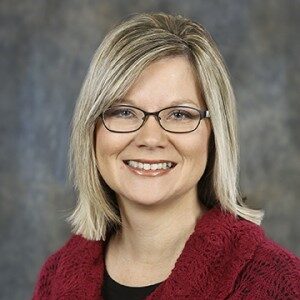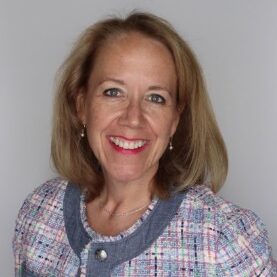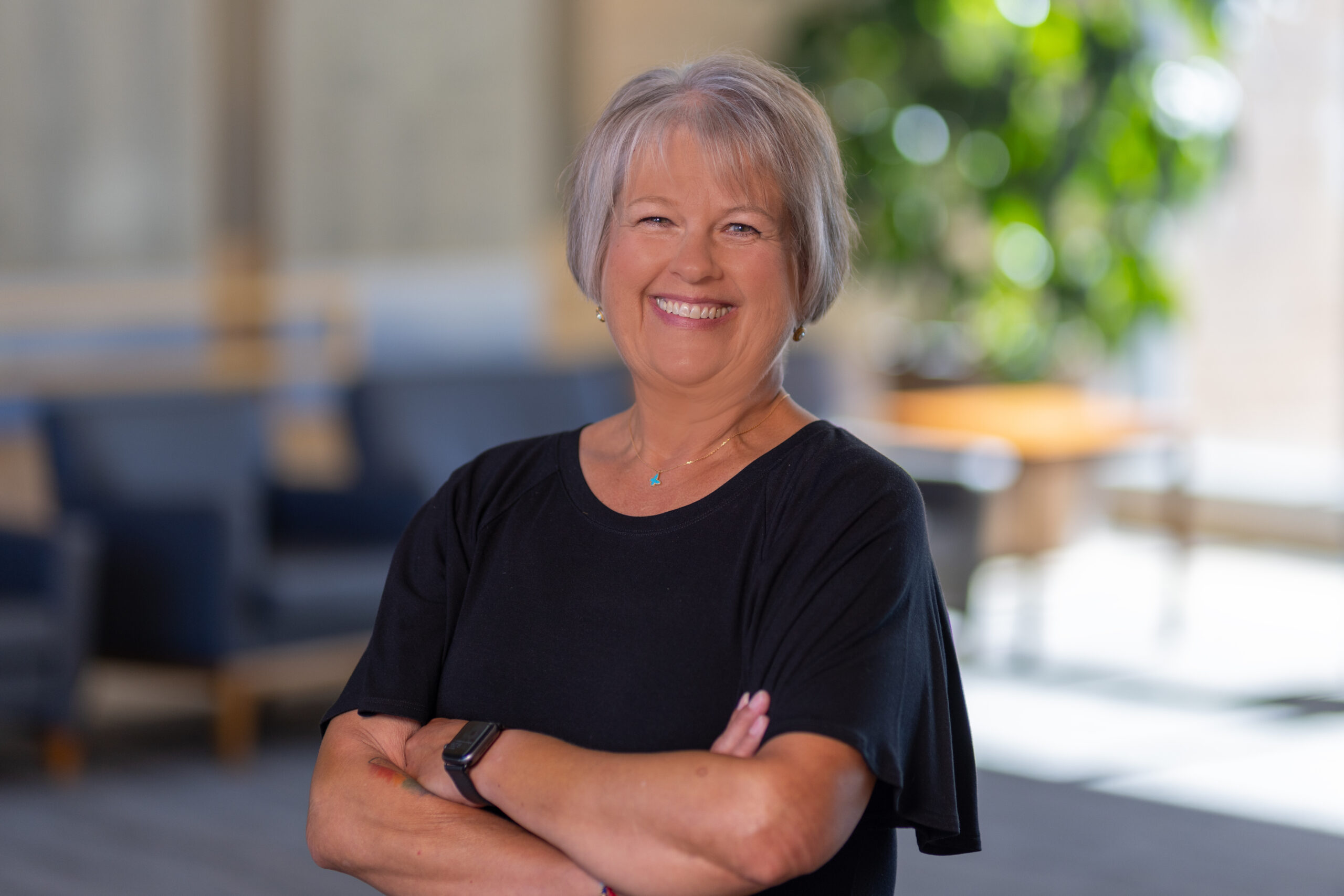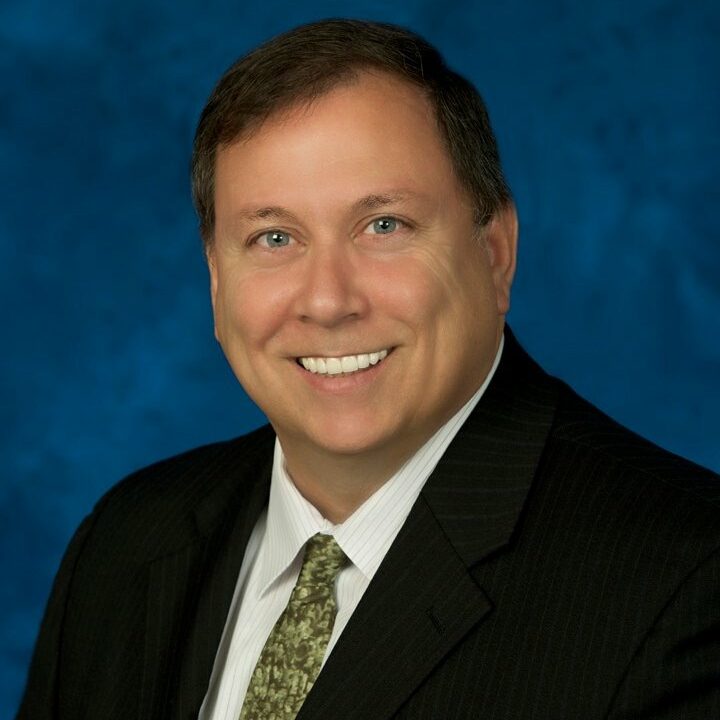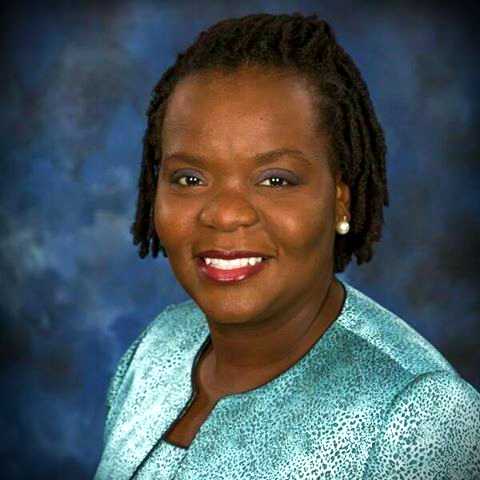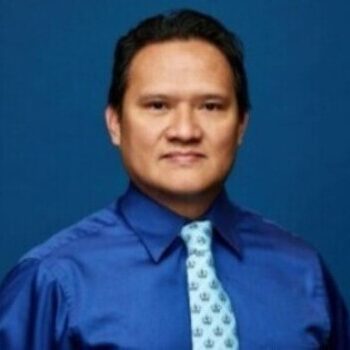U.S. Medical Staff Shortage and International Evaluations

October 17, 2024
The U.S. healthcare system is facing an unprecedented crisis: a severe shortage of medical professionals. The pandemic exacerbated this issue, but the roots of the problem go deeper, stretching back decades. With an aging population and increasing demand for healthcare services, the United States urgently needs more doctors, nurses, and specialized medical personnel. However, domestic medical schools and training programs cannot keep pace with this demand. This shortage has far-reaching consequences, not just for patient care but also for the functioning and sustainability of the entire healthcare infrastructure. Amid this growing crisis, international medical professionals offer a critical solution, but they often face hurdles in navigating U.S. certification and employment processes.
This is where The Evaluation Company plays a pivotal role, bridging the gap between international medical expertise and U.S. healthcare needs. By providing thorough and accurate credential evaluations, The Evaluation Company ensures that foreign-trained professionals can seamlessly transition into the U.S. workforce. This blog post explores the U.S. employee shortage in medicine, the critical role international medical professionals play, and how international employment evaluations can help address this pressing issue.
The Extent of the U.S. Medical Shortage
The U.S. faces an alarming shortage of healthcare professionals. According to the Association of American Medical Colleges (AAMC), the U.S. could see a shortfall of between 37,800 and 124,000 physicians by 2034. This shortage is not limited to doctors. The U.S. Bureau of Labor Statistics (BLS) projects a need for over 275,000 more nurses by 2030 to meet growing demand. Specialties like family medicine, internal medicine, psychiatry, and surgery are particularly strained. The ripple effect of this shortage has already begun to manifest in longer wait times for patients, overworked medical staff, and compromised quality of care.
Several factors contribute to this shortage:
1. Aging Population: As baby boomers age, they require more medical attention, and the need for healthcare services is ballooning. This trend is expected to continue, straining the already limited pool of healthcare professionals.
2. Insufficient Training Programs: The number of medical school graduates and residency spots in the U.S. remains limited, despite increased demand. Medical training is long and costly, and many potential students are deterred by the time and financial commitment required.
4. Geographic Disparities: Rural and underserved areas face the most acute shortages, as healthcare professionals tend to concentrate in urban centers.
With the domestic pipeline unable to keep up, the U.S. healthcare system must increasingly look abroad to meet its staffing needs.
The Role of International Medical Professionals
Internationally trained healthcare professionals are a key part of the solution to the U.S. medical staffing crisis. In fact, they already make up a significant portion of the workforce. According to the Educational Commission for Foreign Medical Graduates (ECFMG), nearly one-quarter of practicing physicians in the U.S. are graduates of international medical schools. The contribution of international nurses, physical therapists, and other healthcare professionals is similarly vital.
Internationally trained professionals often bring a wealth of experience and diverse perspectives that can enhance the quality of care. Many have worked in high-pressure environments with limited resources, equipping them with problem-solving skills that are particularly valuable in underserved U.S. areas. Moreover, as global healthcare standards continue to improve, many international medical professionals are trained at institutions that offer education and clinical experience on par with, or even exceeding, U.S. standards.
However, despite their qualifications and the urgent need for their skills, many internationally trained professionals face significant barriers when trying to enter the U.S. healthcare workforce. These include complex licensing requirements, varying state regulations, and the need for accurate credential evaluations.
The Importance of Credential Evaluations for International Medical Professionals
For internationally trained healthcare professionals, credential evaluation is the first critical step in the journey toward U.S. employment. These evaluations serve as a way for U.S. employers, licensing boards, and educational institutions to verify that the foreign education and experience of a professional meet U.S. standards.
Credential evaluations involve the assessment of a candidate’s foreign degrees, certifications, and professional experience, translating them into the equivalent U.S. qualifications. This ensures that:
1. Educational Background: The professional’s academic background meets the necessary standards for U.S. practice.
2. Licensing Eligibility: For fields such as medicine, nursing, and physical therapy, accurate credential evaluations help foreign-trained professionals understand whether they are eligible to take the U.S. licensing exams or if additional training is required.
3. Employer Confidence: Employers can make informed hiring decisions, knowing that the foreign credentials have been rigorously evaluated and found equivalent to U.S. standards.
4. Professional Advancement: Credential evaluations help international professionals gain recognition for their qualifications, enabling them to advance their careers in the U.S. without needing to completely start over.
How The Evaluation Company Supports International Professionals
At The Evaluation Company, we specialize in converting foreign academic and professional credentials into their U.S. equivalents. Our services are tailored to meet the needs of healthcare professionals looking to navigate the complex U.S. employment landscape. Here’s how we help:
1. Comprehensive Evaluations: We provide in-depth credential evaluations that accurately reflect the education, training, and professional experience of foreign-trained medical professionals. We ensure that these evaluations are recognized by U.S. licensing boards, employers, and educational institutions.
2. Tailored Guidance: Each international healthcare professional’s journey is unique. We offer personalized advice on how to best leverage their foreign credentials in the U.S. job market, guiding them through the necessary steps to meet U.S. licensing requirements.
3. Expedited Services: Given the urgent demand for healthcare professionals in the U.S., we offer expedited evaluation services to ensure that qualified candidates can enter the workforce as quickly as possible.
4. Expert Knowledge: Our team of experts stays updated on the latest requirements and standards for medical professionals in the U.S., ensuring that our evaluations are always accurate and reliable.
Conclusion
The U.S. healthcare system is in the midst of a profound shortage of medical professionals, and this crisis is expected to intensify in the coming years. Internationally trained healthcare professionals represent a critical resource for addressing this shortage, bringing invaluable skills, experience, and diversity to the U.S. medical workforce. However, these professionals often face significant challenges in gaining recognition for their foreign qualifications.
By offering expert credential evaluation services, The Evaluation Company helps bridge this gap, enabling foreign-trained healthcare workers to contribute to the U.S. healthcare system. In doing so, we help mitigate the ongoing shortage while ensuring that patients receive the highest quality of care.
In a world that is increasingly interconnected, the ability to recognize and utilize international expertise is more important than ever. For U.S. healthcare, the integration of foreign-trained professionals is not just a solution—it is a necessity. The Evaluation Company stands ready to support these professionals as they embark on their journey to practice medicine in the United States.
 3 MIN. READING
3 MIN. READING